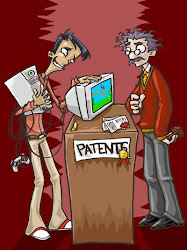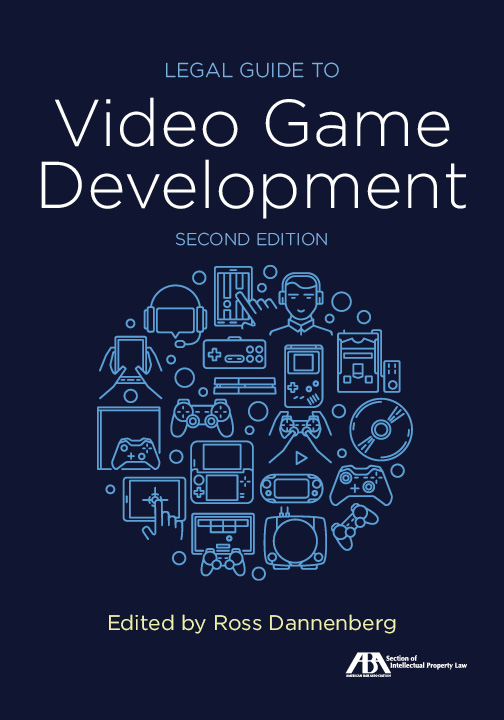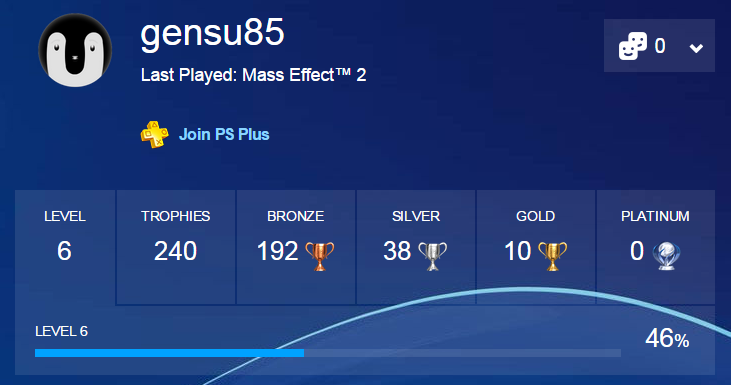October 27, 2017, Epic Games, Inc. (“Epic”) sued three foreign individuals–James
Mendes, Konstantin Vladimirovich Rak, and Oleksey Olekseevich Stegailo–for
copyright infringement, trademark infringement, false designation of origin,
breach of contract, and, under California law, unfair competition. Epic alleges that the defendants were
distributing and popularizing cheats for the game Fornite. This suit may sound familiar: Epic filed
similar suits against other alleged Fortnite hackers on October 11 and on
October 17.
Epic’s strategy in this case is similar to its strategy in its suit against Philip Josefsson and Artem Yakovenko: file a DMCA complaint against a video
demonstrating the hacks, wait for the defendant to file a counter-notification,
and use the counter-notification as basis for suing the defendant in a U.S.
court. The timing of Epic’s lawsuits
appears to be the result of the timing of the defendants’ counter-notification.
Hello world!
-
Welcome to WordPress. This is your first post. Edit or delete it, then
start writing!
1 year ago








